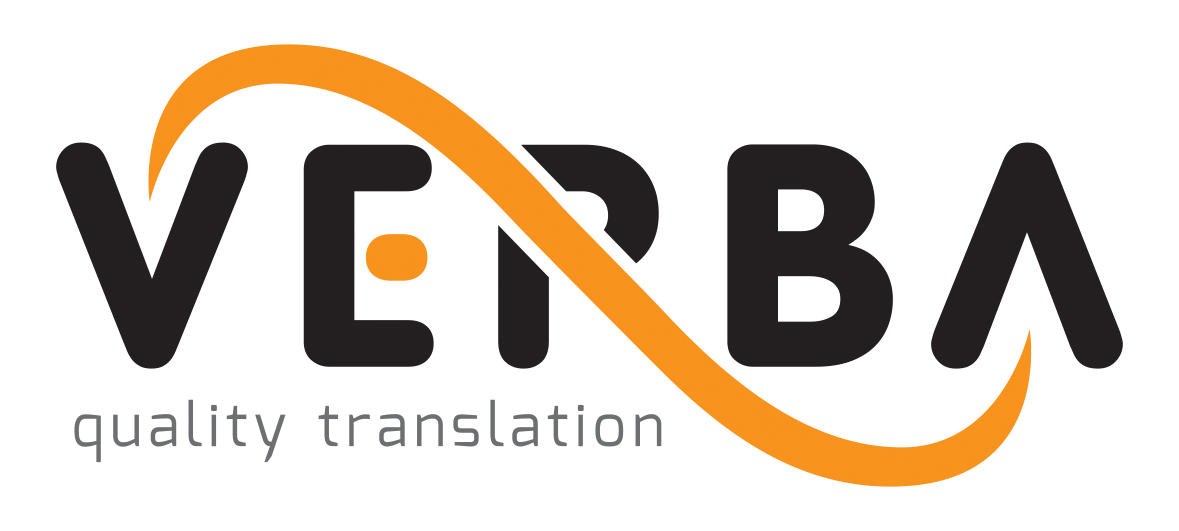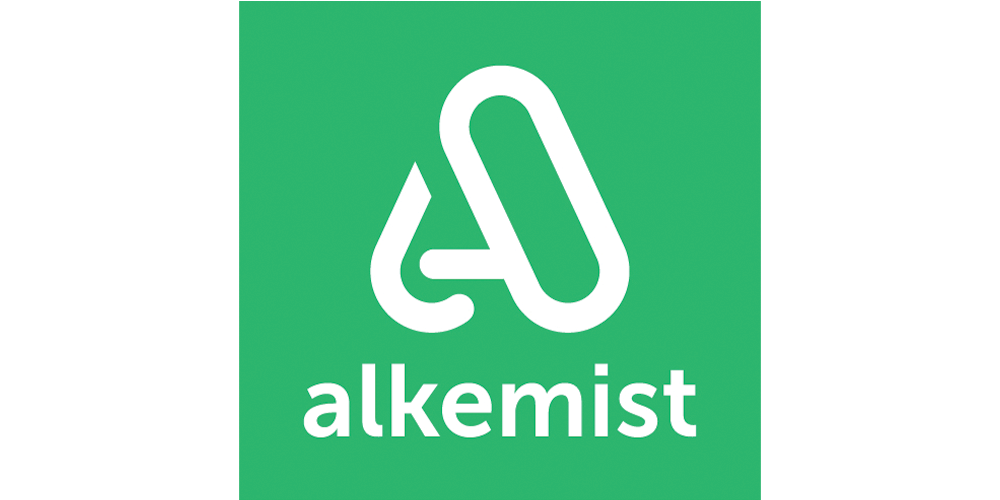Learning about technology at university is crucial for students in translation. This is why the Academic Program helps translation students all over the world to establish their first contact with computer-assisted translation.
About the Authors
David and Marco teach memoQ and translation technology at the NOVA University in Lisbon, Portugal on undergraduate and postgraduate (Master’s) courses, as well as summer courses along with Kevin Lossner. This story summarises the presentation they delivered at memoQfest 2018, where they presented a new project aimed at allowing students to use memoQ during the full three years of their degree. Their goal is to make translation technology an integral part of the students' experiences throughout their studies, rather than just a separate, easily forgettable course. To reach this goal they need to change old habits in translation teaching, and they have relied on memoQ’s Academic Program to help do so throughout the years.
The National Academic Context
After the revolution of 1974, several universities were created in Portugal, including the one David and Marco work for, a 40-year-old institution with the mixed blessing of being called the “NOVA.” During those times, translation was not considered “worthy” of an honor’s degree course (Licenciatura in Portuguese) in the traditional faculties, so it ended up being taught as an “ordinary degree” (“bacharelato”) in “Institutos” (some of which were private higher educational institutes), along with other courses such as tourism, accountancy, bilingual secretaries, etc. Many translators who graduated during that time are still very conscious of this distinction, and this coloring of attitudes to translation is still present in some areas.
New Interests in Translation
Their faculty used to offer courses in Modern Languages, Literature and Culture. However, in the early 2000s, enrolment rates for these courses began to drop, mainly due to the lack of career opportunities in these fields. The opposite occurred to translation, and it became worth of a bachelor status. As a result, a number of translation (or similar Applied Language Studies) honor’s degrees were opened. The new translation courses required a whole cadre of teachers and these positions were taken by former teachers of Literature or Culture that had to reinvent themselves to become teachers of translation courses. Most of them were not actively involved with the translation world, so many guest part-time lecturers had to be recruited to fulfill the demand for practical knowledge.
The Gap Between Translation and Translation Technology
Both David and Marco had some experience teaching technology courses. However, at that time, very few teachers at the university were familiar with the CAT tool world. Students that took translations courses, either downloaded pdf files from a Moodle platform or received a collection of texts to translate on paper. So the main question that came to their mind was indeed reminiscent of Ramón Inglada’s statement: CAT tools should be used and taught all throughout the different phases of a translation degree, instead of being taught in only one separated translation technology course. (Inglada 2017). Students had one compulsory translation technology course in the first year of their degree. It was assumed they could master the technology with just one course and then use their acquired knowledge in their future practical courses. However, without their very own memoQ licenses and lack of awareness of CAT tools by the teachers, it was almost impossible to expect students to continue using memoQ further on.
“memoQ Translation Technologies had previously offered us memoQ licenses to use in our computer room with our translation technology students. However, the same way technology tends to be in a small corner at major translator conferences, the same happened within our translation course at the university. There was a clear gap between the translation technology course and the rest of the translation degree.” - explained David and Marco.
How Did They Close the Gap?
To close the gap, they thought the best solution would be to give students memoQ licenses. Fortunately, Peter Reynolds, Head of Training at memoQ, came to the rescue and offered them memoQ licenses to be installed on the computers of the students and their IT department. However, this is just the very first step, and later on, they actually have to teach the students how to use the tool. To get started, they now require students to create a portfolio of memoQ and translation technology throughout their practical courses. But how does this work? For instance, students can create translation memories, term bases or LiveDocs corpora (aligned documents) in certain areas such as Company Reports or Eur-Lex documents, photograph and scan paper texts, and so on for the practical areas in which they work (students work mainly into Portuguese from English or French or German or Spanish). They store this data in folders for each course and this way they build up a digital portfolio. Support and handholding are critical during this initial stage of the process. Therefore, they are always readily available to offer help to students during office hours or by email. At the end of the degree, the students hold a meeting with them to present and discuss their portfolio and show how they have used memoQ. This provides evidence of consistent and informed use of the CAT tool in a way that demonstrates that they have developed enough technological competences to start working as a freelance or in-house translator. If they pass this evaluation instance, we issue them a letter of recommendation.
Conclusion
A university degree is a process of intellectual growth – it should certainly foster critical thinking and reading skills, particularly information literacy and processing. A degree in translation also implies practical skills including technological and digital competences. Part of the mission statement of their faculty is to serve the broader community, and the letter of recommendation is an attempt at constructing a bridge to the professional translation world. This way, they managed to include the program (memoQ) into their program (the translation degree curricula).



